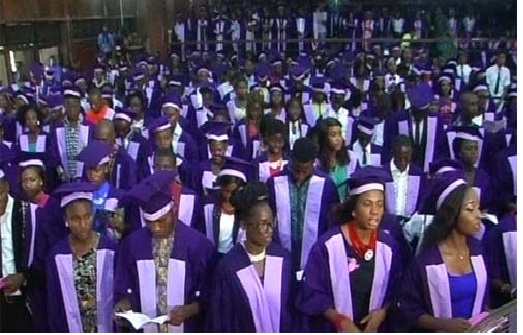Group Calls for Education Minister Alausa’s Resignation Over JAMB Comments


A group known as Not Too Young To Perform (NTYTP) has called for the resignation of the Minister of Education, Tunji Alausa, due to his remarks about the widespread failure of students in the recent Joint Admissions and Matriculation Board (JAMB) examinations.
Mr Alausa mentioned during an interview that the high failure rate seen in the 2025 Unified Tertiary Matriculation Examination (UTME) is proof that the government’s policies aimed at reducing exam malpractice are effective.
The minister’s remarks came while concerns were being raised over JAMB’s report that out of 1,955,069 candidates who took the 2025 UTME, only around 420,000 scored more than 200—showing that over 78 per cent failed to meet the minimum cut-off mark.
In a press release, Bello Muhammed, who is the group’s national secretary, criticised the minister’s remarks, labeling them a sign of “insensitivity and incompetence.”
“NTYTP demands the immediate resignation or dismissal of Dr. Tunji Alausa as minister of education, citing gross incompetence, failure to protect the interests of Nigerian students, and breach of public trust.”
“Nigeria deserves leaders who are willing to confront hard truths and implement genuine reforms, not those who prioritize political point-scoring over the future of the nation’s youth,” the statement read.
The group questioned the decision by President Bola Tinubu’s government to “politicise every national issue,” calling such actions “shameless and pathetic.”
In the statement, they expressed that Mr Alausa’s attempt to minimise the impact of the overwhelming failure in the recent JAMB exam and describe it as a success is a “national disgrace.”
“Instead of taking urgent, proactive steps to address the systemic decay in our educational sector, the minister has chosen to defend failure and celebrate collapse,” it added.
The group also urged President Tinubu to move away from “hollow rhetoric” and take “meaningful action,” stressing the need to invest in reviving Nigeria’s educational system and rebuild trust in a structure that has been “long abandoned.”








